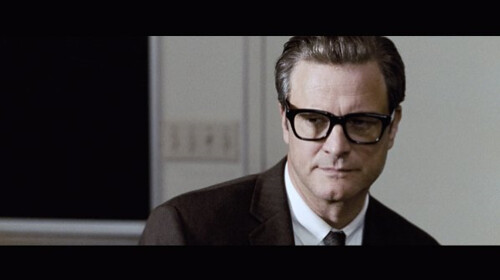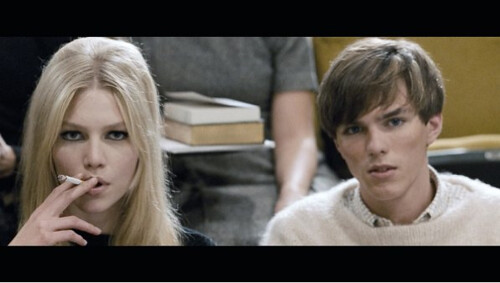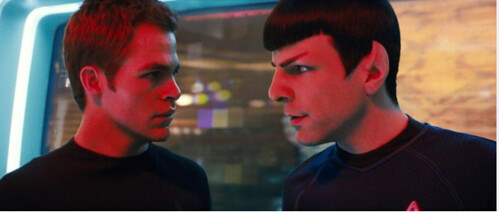
There are perhaps few who have not heard of Joan of Arc in some way, either as a martyr, French symbol, soldier, or literary character. This role has been performed in countless films and plays, and has been referenced in countless songs, stories, and even video games. Despite the fact that she is a real historical figure, everything about her appears mythological and fantastical. Even the most unsentimental history seems highly unlikely, and every telling of the story is riveting by its very nature. None more so than The Passion of Joan of Arc, an absolute wonder of a film whose focus is not the visions, battles or capture of Joan, but her emotional state and condemnation by religious tribunal.
As early as the opening scene, a shackled Joan is escorted heavily into a room lined with the disapproving faces of a bloated bunch of monastic fatcats who hold her fate in their hands. They patronize her, insult her, spit on her, threaten her with heresy and torture, and allow her to be humiliated by the jesterlike guards. Through it all, Joan watches and takes it, opening her eyes wide to the behavior around her and shedding tears for the dilemmas put before her. She knows that she has been ordained by god to lead the French armies to freedom from the English, but in order to stick to her guns, she has to deny Mass and communion, and accept a gruesome death. The sympathy or faith of a few monks is not enough to save her, and her death sets off a domino effect of dissatisfaction and rebellion among the peasants who live near the church.
Perhaps the most remarkable thing about this film is that it requires complete suspension of disbelief. It is inconceivable that something that has such continuing relevance, visually and contextually, is over 80 years old. It's eye=opening to discover that so many cinematographic styles have a single source. Joan of Arc appears so modern because the composition of the frames, the camera angles, tracking shots and swift swings of the camera have been used everywhere since then. I had no idea that in the early days of cinema (for this is from the silent period), there was the technology to do such dramatic things with equipment. The most compelling aspect is the intimacy of the close-ups. Dreyer did not allow his actors to wear makeup, and good he did, as you would certainly be able to see it on the faces.
The faces are incredible. Both cartoonish and human, grotesque and familiar. I felt like each character looked like someone I knew or had met, and the name was just on the tip of my tongue.






The typical overly hammy performance of a silent movie star is completely absent here: the emotions are so raw. One can really empathize with the range of Joan's sorrows and fears, the snide judgments of the monks, the sympathy and pity of the few clergymen who believe in her, and the shifting curiosity and outrage of the peasants. It is a feat of human expression. Not only amazing for the time period that it comes from, but for any performance of any era.
I was fortunate to have seen this twice with the UC Alumni Chorus and an orchestra performing the score live. The piece that they performed was not the original from the 1928 release, but a more recent composition by Richard Einhorn, "Voices of Light." It has an appropriately hallowed sound to it, and the vocal talents were exemplary, making the entire spectacle all the more momentous. It was an engrossing and moving experience, one that I would revisit any time.















